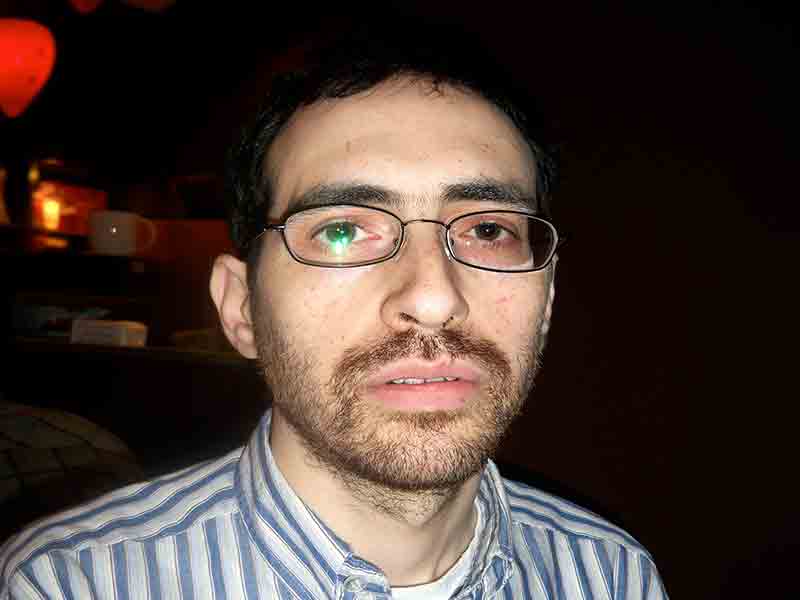A former Chassid who has been trying to hold the Quebec government and other public authorities, as well as the schools he attended, responsible for allegedly depriving him of a secular education may finally get his day in court.
Yochonon Lowen’s lawyer said she is preparing his case for trial, after a Superior Court judge ruled in the spring that it could be heard.
It will be the first legal challenge of its kind in Quebec, which has been trying to find a resolution to so-called “illegal” ultra-Orthodox schools for years.
In November 2014, Lowen, now 39, a former member of the Tash community in Boisbriand, Que., attempted to launch a $1.25-million lawsuit against two chassidic schools that he attended there.
READ: NAZI MEMORABILIA SOLD AT PICKERING ANTIQUE MARKET
In his mise en demeuere (demand letter), Lowen also named the province’s education department, the local public school board, the Commission Scolaire de la Seignerie-des-Milles and the youth protection department in nearby St-Jérôme.
That never went any further.
In May 2016, Lowen and his wife and co-plaintiff, Clara Wasserstein, who is also from the Tash community, along with their new lawyer, Clara Poissant-Lespérance, filed a motion for declaratory judgment against the attorney-general of Quebec (representing the education department), the school board and six chassidic schools and organizations in Boisbriand.
The couple is not seeking damages this time around.
The attorney-general attempted to have the couple’s application dismissed, but Judge Kirkland Casgrain ruled this May that the couple’s case against the government and the schools can proceed, Poissant-Lespérance told The CJN, although the judge absolved the school board of responsibility.
Poissant-Lespérance said she will file her case in November and a trial date could be set for as early as next spring.
Her clients allege that children raised in the Tash community of Boisbriand do not receive “an education in accordance with legal standards. Community schools do not hold any license and do not meet the requirements of the compulsory (curriculum).”
The motion seeks a declaration by the Superior Court that these schools operate in violation of the
Education Act, the Act Respecting Private
Education, the Charter of the French Language and the provincial Charter of Rights and Freedoms.
It also seeks a declaration that the government of Quebec, “by tolerating that the children of the Tash community attend illegal schools, violate their obligations under these same laws.”
Lowen claims he received virtually no instruction that was not related to religion, including reading and writing in English or French, making him virtually unemployable outside a chassidic
milieu.
“I received zero secular education … everything except Torah was forbidden, some leaders said it was a sin (to learn anything else),” Lowen told The CJN in 2014.
He also claimed at that time that he was psychologically harmed by the extremely insular society in which he grew up and says it has been difficult for him to adjust to the outside world.
Born in London, England, he lived in the Tash community from age 10 until he left in 2007. He then lived among Chassidim in Outremont for a few years.
“This a first victory for us,” said Poissant-Lespérance, whose firm is litigating the case in the public interest. “The court is saying our clients clearly have an interest in presenting their demand and that it’s a serious question that merits being decided by the courts.”
While this is not a class action suit, Lowen and Wasserstein hope that, with their case being given credence, the government will be forced to act against all “illegal” schools in Quebec.
A favourable judgment, they believe, will benefit the “thousands” of other children who did not, or do not, get the education prescribed by law.
